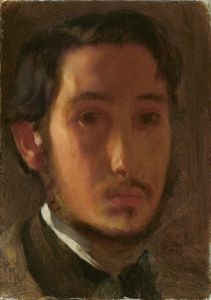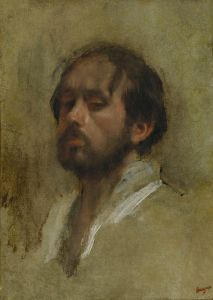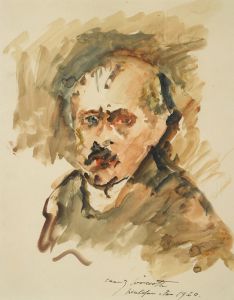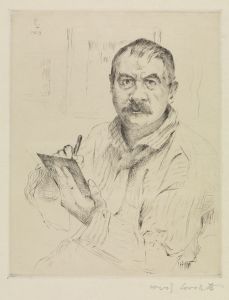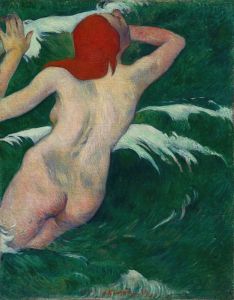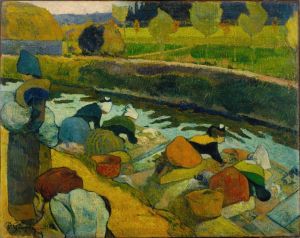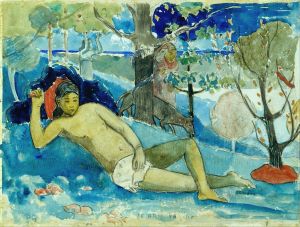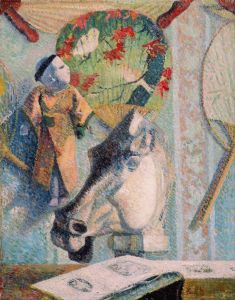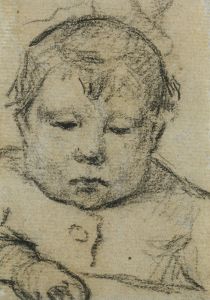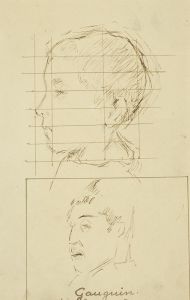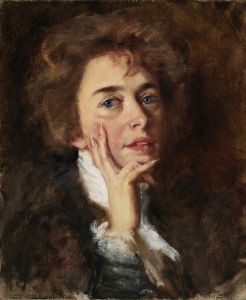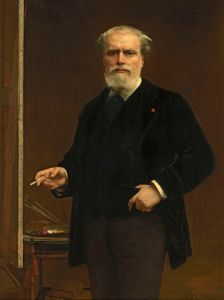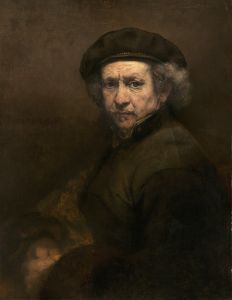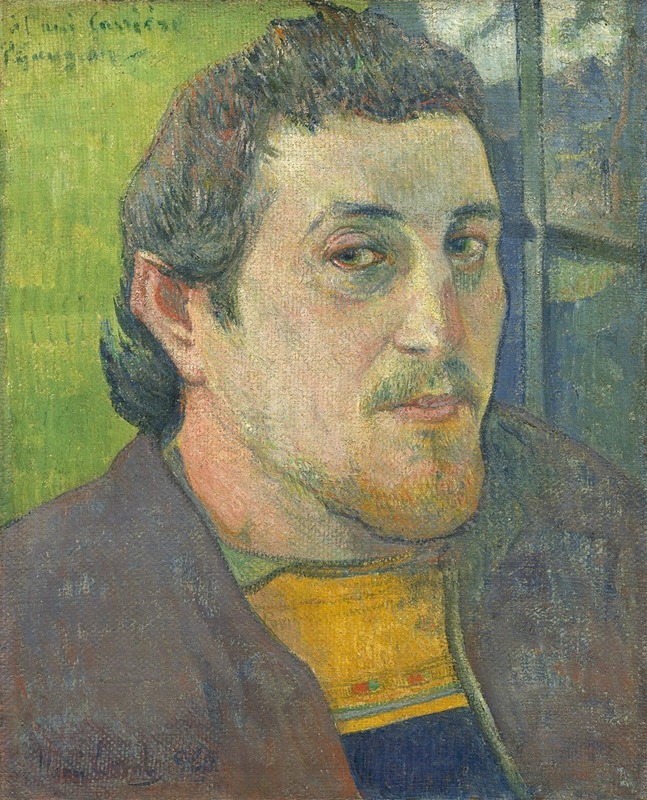
Self-Portrait Dedicated to Carrière
A hand-painted replica of Paul Gauguin’s masterpiece Self-Portrait Dedicated to Carrière, meticulously crafted by professional artists to capture the true essence of the original. Each piece is created with museum-quality canvas and rare mineral pigments, carefully painted by experienced artists with delicate brushstrokes and rich, layered colors to perfectly recreate the texture of the original artwork. Unlike machine-printed reproductions, this hand-painted version brings the painting to life, infused with the artist’s emotions and skill in every stroke. Whether for personal collection or home decoration, it instantly elevates the artistic atmosphere of any space.
"Self-Portrait Dedicated to Carrière" is an oil on canvas painting created by the French Post-Impressionist artist Paul Gauguin in 1888 or 1889. The painting is notable for its introspective quality and the personal significance it holds, as it was dedicated to the French Symbolist painter Eugène Carrière, a contemporary and friend of Gauguin.
Paul Gauguin, born in 1848, was a leading figure in the Post-Impressionist movement, known for his experimental use of color and synthetist style that sought to convey the emotional and symbolic content of subjects rather than their naturalistic appearance. His work often explored themes of primitivism and exoticism, influenced by his travels to Tahiti and other parts of the South Pacific.
In "Self-Portrait Dedicated to Carrière," Gauguin presents himself in a contemplative pose, with a serious expression that reflects his introspective nature. The background of the painting is relatively simple, allowing the viewer to focus on Gauguin's face and the emotional depth it conveys. The use of color in the painting is characteristic of Gauguin's style, with bold, contrasting hues that add to the intensity of the portrait.
The dedication to Eugène Carrière is significant, as Carrière was known for his ethereal and mystical portraits, which often depicted figures emerging from shadowy backgrounds. This connection suggests a mutual respect and admiration between the two artists, both of whom were exploring new ways of expressing the human condition through their art.
"Self-Portrait Dedicated to Carrière" is part of the collection at the Musée d'Orsay in Paris, which houses an extensive array of works from the late 19th and early 20th centuries. The painting is an important example of Gauguin's self-portraiture, a genre he frequently explored throughout his career. Through these self-portraits, Gauguin not only examined his own identity but also engaged with broader artistic and philosophical questions.
Gauguin's self-portraits are often seen as a means of asserting his individuality and artistic vision, particularly in the face of the challenges he faced in his personal and professional life. His dedication to Carrière in this painting underscores the importance of artistic camaraderie and the exchange of ideas among contemporaries in the vibrant art scene of late 19th-century France.
Overall, "Self-Portrait Dedicated to Carrière" is a compelling work that offers insight into Gauguin's inner world and his relationships with fellow artists. It stands as a testament to his innovative approach to portraiture and his enduring influence on the development of modern art.





